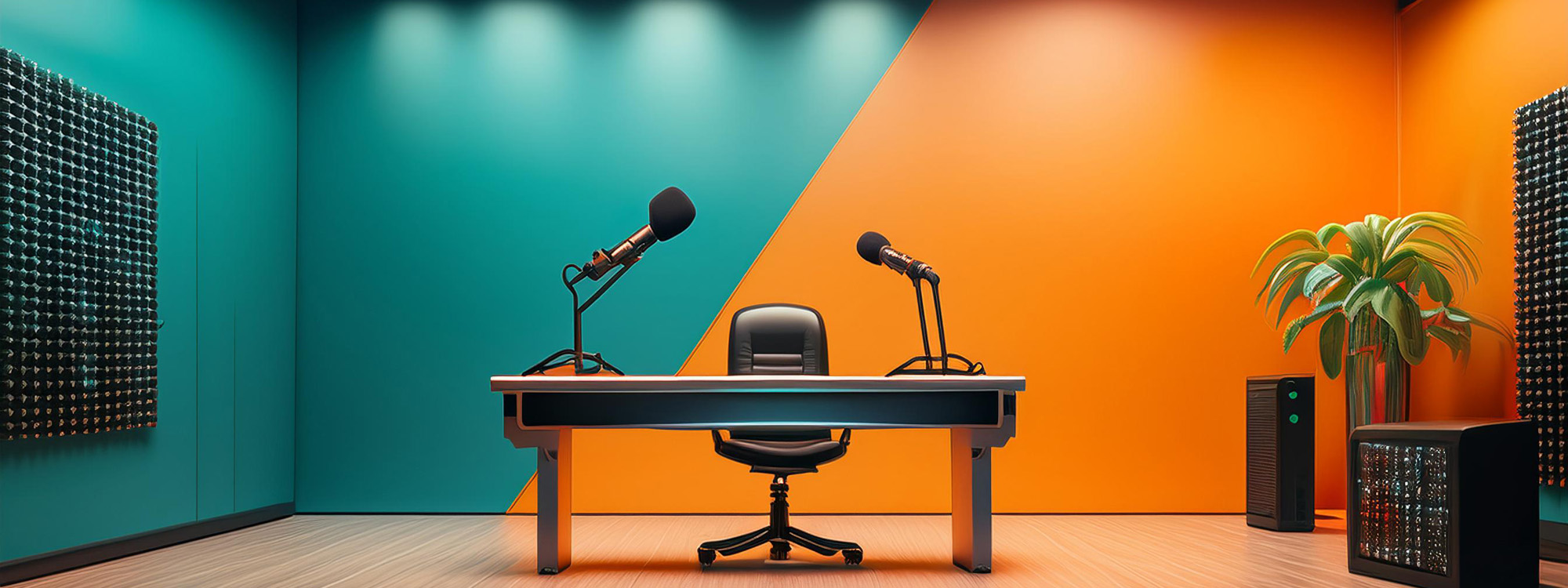| |
A new podcast from the BBC highlights the gap between the popular assumption that known pedophiles are removed somehow from society and the reality that they are not. Why does this gap exist? Alex Renton's new podcast for the BBC, In Dark Corners, explores the defunct UK organisation PIE (Paedophile Information Exchange) via an old membership list. Using the twist and turn tropes of the true crime podcast, we follow his attempts to understand the history of PIE, to expose the hypocrisy and abusive acts of some of its prominent members, and his interest in how many of the surviving members—presumably all pedophiles—are still alive, are still employed and may even be engaged in work with children.
PIE's existence did impact on me because when I was a young non-abusing, non-offending pedophile in the 1990s, it was the only source of a public narrative about my attractions that was not an unrecognisable tabloid caricature. The idea that people might stand up in public and declare they had this condition gave me hope that perhaps I might not live the rest of my life under a rock.
I never joined PIE, but its strongly stated positions in favour of adult-child sex, published in the 1980s, did lead me ideologically astray. This never took me as far as actually committing any offence myself. Many other young impressionable pedophiles from that time were also misled, I think.
I very soon came to disapprove of PIE and its stances, but I had no other community to turn to for many years.
That's because the above all happened years before "anti-contact pedophiles" and VirPed and internet anonymity were things. If you were a pedophile in those days and you had a desperate need to connect to people like yourself, whether your motivations were fair or foul, you had to reach out through very traceable channels. A bunch of pedophiles joined PIE, and their names and addresses were captured on paper in an age long before doxxing and GDPR were conceived.
a dangerous list
And here those names are now. Most of the podcast series deals with the prominent names, including some serial abusers of children (in private) who simultaneously sought to legitimise their behaviour in the public sphere. But is it fair to assume the people on the rest of the list were like this? Doubtless a number were later caught for offences and quite possibly a slice more committed offences which went undetected. Does that leave any other cases?
In the last episode of the podcast, Renton talks of tracing a number of pedophiles from the list who have no recorded criminal offences nor allegations (of which he was aware). Some of these he discovered have worked or had roles with children. His calculation (which is the same as most people's) is that these men must have presented a sexual risk to children for their whole adulthoods, and that it is obvious they should be removed from such roles if they are still in them and investigated if they have left them.
But, oddly, despite having names and addresses, despite strong circumstantial evidence that these men have pedophile attractions, and despite the fact he even was able to track some down, he found himself unable to "deploy" the information he has against them. Why?
I'm going to leave the question of pedophiles who actually work with children for another, longer, post. It's a fraught subject by itself and the current don't ask/don't tell situation for this kind of employment is an extremely weird, counterintuitive one. Employers and legislators who routinely describe such people as a risk, nonetheless rely wholly and silently on pedophiles themselves to do the risk management work by making discretionary decisions not to enter these professions.
This does not jibe with public attitudes about pedophilia, is inconsistent with professional rhetoric about assumed risk to children from non-offending pedophiles, and fails to engage with what to do about the large numbers of non-offending pedophiles who, in the absence of any explicit rules preventing them from doing so, have in fact entered and continue to work in those professions. It is a big and emotive subject, especially for someone like Renton, who was a victim of child sexual abuse by an adult.
what about the rest?
However, looking just at non-offending pedophiles who simply live "normal lives", a lot of people still don't realise that we aren't all periodically rounded up, checked for whether we meet some pedophilia threshold, loaded on to trucks and removed from participation in society.
This situation continues to puzzle many people who assume that evidence of pedophilia (by which I mean sexual attraction to children) is evidence of intent to harm a specific child.
But it isn't. It is evidence only of a known risk factor for child sexual abuse. Risk factors are not the same as specific risks. Risk factors are part of the picture of risk. Pedophilia is not the only risk factor for child sexual abuse. It is not even a necessary risk factor and it is often not a sufficient risk factor to predict abusive behaviour. There are non-pedophilic sexual abusers of children and there are non-abusing pedophiles. It's a Venn diagram.
Does this seem extremely pedantic and hairsplitting to you? I can see why it might, but you have to understand that as a lifelong non-offending pedophile, I live within the breadth of that hair and I am in danger if nobody else splits it. My continued ability to live both a law-abiding and peaceful life relies on other people's understanding of this difference.
one list is not the same as another
It is understandable that survivors of child sexual abuse at the hands of pedophiles miss this distinction. The only pedophile they knowingly encountered was an abuser (or in even sadder situations, were abusers). Based on their experience, 100% of the pedophiles they've knowingly encountered presented a serious risk to at least one child.
But, like everyone, they have also, unknowingly, met pedophiles who do not commit child sexual abuse, nor break laws. Those pedophiles did not abuse them. They were just among their schoolmates, or friends or families.
We don't go about letting people know about our attraction precisely because if we did we would expect to be judged and ostracised as if we were abusers. Our safety relies on our ability to keep our sexual attractions a permanent secret, from everyone.
And if we don't do that (I haven't), our safety relies on the discretion and mercy of everyone who knows it. The people who have shown this mercy are not "conspiring to conceal abuse", because I haven't done anything abusive. They are separately and independently realising, when faced with the reality of a breathing pedophile, that there would be an unfairness in exposing their attractions to, say, a journalist, because it could lead to unjust harm.
This is why I found myself uneasy listening to this podcast. Everything about how the list was treated by the makers of the show communicated a presumption of guilt about those pedophiles who, in the past, signed up to connect somehow with the only other people who could understand them. It was a warning to anyone currently in that situation that they should stay away from any such hope of being understood and they should never talk to anyone about their pedophilia. This is, from my perspective, a bad message to send.
an alternative to hiding
At the end of the podcast, Renton did mention, with caution, Virtuous Pedophiles, noting that this was an organisation which is for pedophiles, but very clearly against child sexual abuse and exploitation. I very much approve of Virtuous Pedophiles, so much so that I have been involved with it, but I recognise that before VirPed came along there were few places that non-offending pedophiles could turn for help or connection.
I am willing to bet that some of the names on that PIE list belong to men who have never abused children and have never been morally inclined to do so.
And for that reason, it is quite fair that they still live in society, free and unharrassed. I think this is an OK thing to want for people who haven't committed crimes. I think such people deserve to be left alone, not just because of some technicality of EU-originated privacy legislation, but because we are humans and have the same rights to privacy as anyone else.
I just wish society at large, and more journalists, believed that in a heartfelt way. As it is, most only grudgingly accept we have such civil rights, and really wish we could be made an exception of, based on an attraction we have, bestowed on us by our biology, that we never chose.
Make podcasts about child sexual abuse; elevate the voices of survivors; do pursue accountability. But please don't assume pedophile is a synonym for child sexual abuser; do not try to hold us all publicly accountable for what the abusers did.
About the author: I have been writing and talking about the experience of being a pedophile since 2017. Once on twitter until my account was banned in 2020, I co-led Virtuous Pedophiles from 2021 to 2025. I now continue to look for ways to improve the lives of pedophiles, but never at the expense of harming children. I have never viewed illegal material, and never sought or engaged in sexual activity with any child. The rest of my life is countryside walking, friends, Radio 3 and feeling doleful about ageing. No Offence is currently live on Substack, where you can subscribe for email updates. This content is either previously published there or scheduled for future publication. | |






 we have to protect children, even the ones you hate
we have to protect children, even the ones you hate reviews: safe from harm and let's talk: child sexual abuse
reviews: safe from harm and let's talk: child sexual abuse why pro-contact pedophile arguments are bullshit (by a pedophile)
why pro-contact pedophile arguments are bullshit (by a pedophile)